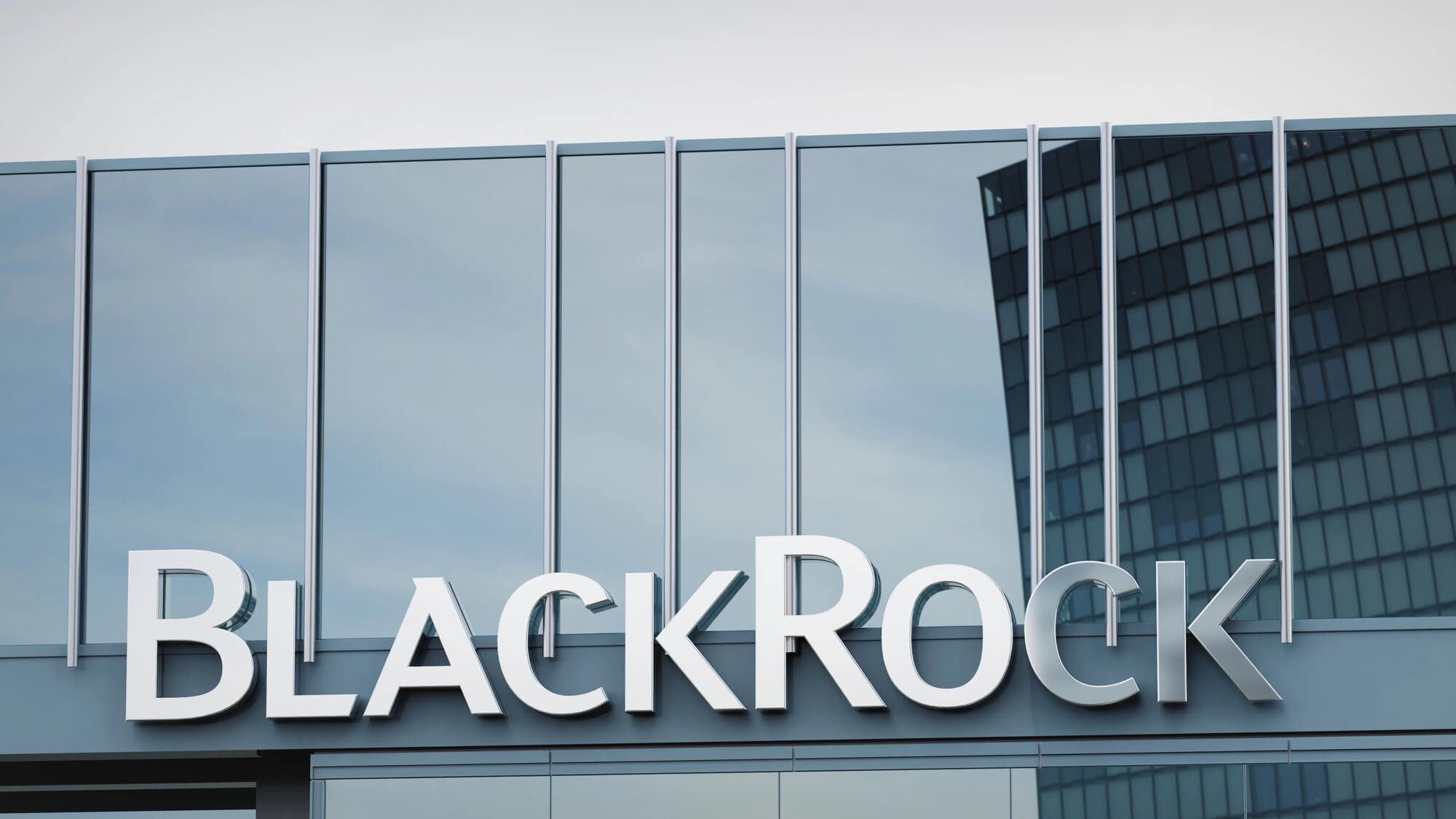BlackRock Eyes ETF Tokenization: Wall Street Giant Plots Blockchain Revolution

BlackRock just dropped a bombshell—traditional ETFs might soon get a crypto makeover.
The $10 trillion asset manager explores tokenizing its flagship funds, potentially bridging Wall Street and blockchain in ways nobody saw coming.
Why This Changes Everything
Tokenization slashes settlement times from days to seconds. It bypasses legacy custodians. It unlocks 24/7 global trading—finally dragging finance into the digital age.
Institutional adoption isn't creeping—it's leaping. BlackRock's move signals that even traditional giants see more future in blockchain than in bloated banking infrastructure. After all, why settle for T+2 when you can have T+0? Somewhere, a middle office is sweating.
Why this step matters
Tokenizing ETFs WOULD allow BlackRock to offer traditional fund products more efficiently, transparently, and potentially at lower cost. Blockchain technology could optimize trading, settlement, and ownership structures - for example, through automated settlement or fractional ownership. At the same time, BlackRock emphasizes that all moves depend heavily on regulatory frameworks, such as how securities are classified and managed on blockchain platforms.
If BlackRock proceeds, it could trigger a domino effect across the financial sector: more fund providers may follow, and traditional financial products could become increasingly digitized. At the same time, major challenges remain - from compliance and the legal classification of tokenized assets to safeguarding shareholder rights and transparency. Technical and regulatory details must be carefully clarified to ensure that token ETFs do not create uncertainty or legal gray areas.
Progress after the Bitcoin ETF
The success of BlackRock’s bitcoin ETF, approved in early 2025, has demonstrated that digital investment products are both feasible from a regulatory standpoint and in strong demand. Since launch, the fund has attracted billions in capital and is now among the most liquid crypto products on the market. BlackRock is leveraging this momentum to digitize traditional ETFs and make their trading more efficient through blockchain infrastructure.
While traditional ETFs are settled via central custodians and clearinghouses, tokenization could eliminate these intermediaries. Tokenized ETFs would allow investors to trade around the clock, regardless of exchange opening hours. Fund shares could also be split into smaller units, making them more accessible to retail investors. For institutional investors, tokenization promises faster settlement, lower costs, and greater transparency in ownership structures.

